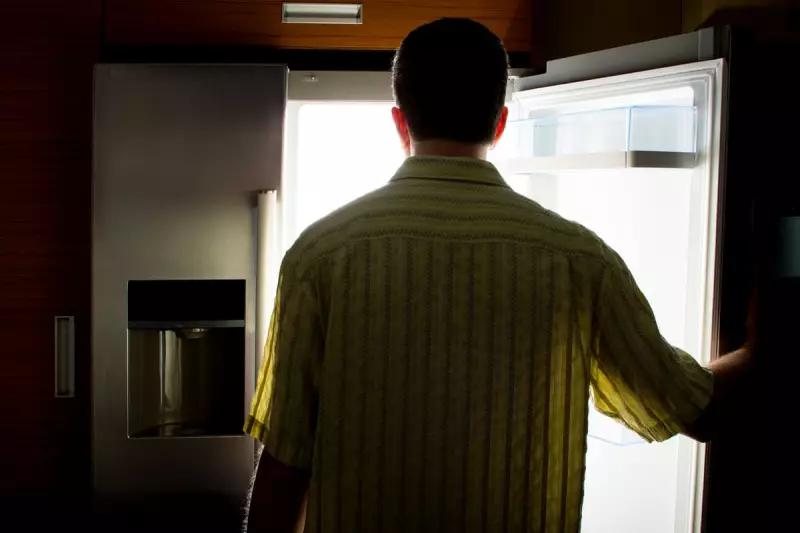
Struggling to get a good night’s sleep? The solution might be on your plate. Research shows that what you eat—and when you eat it—can significantly affect your sleep quality. Here’s how to optimise your diet for deeper, more restorative rest.
Foods That Promote Sleep
Certain foods contain natural compounds that encourage relaxation and drowsiness. These include:
- Cherries: A natural source of melatonin, the hormone that regulates sleep.
- Bananas: Rich in magnesium and potassium, which help relax muscles.
- Oats: High in complex carbs that promote serotonin production.
- Almonds: Packed with magnesium and healthy fats for muscle relaxation.
What to Avoid Before Bed
Not all foods are sleep-friendly. Steer clear of these culprits that can disrupt your rest:
- Caffeine: Found in coffee, tea, and even chocolate—it can linger in your system for hours.
- Spicy foods: May cause indigestion or heartburn, making it harder to fall asleep.
- High-sugar snacks: Can lead to energy spikes and crashes, disrupting your sleep cycle.
- Alcohol: While it may help you fall asleep, it often leads to fragmented, poor-quality rest.
Timing Matters
Eating too close to bedtime can interfere with digestion and sleep. Experts recommend finishing meals at least 2-3 hours before bed. If you need a snack, opt for something light, like a small handful of nuts or a banana.
Hydration and Sleep
Dehydration can lead to nighttime awakenings, but drinking too much before bed may result in disruptive bathroom trips. Aim to stay hydrated throughout the day and reduce fluid intake in the evening.
The Bottom Line
A balanced diet, mindful timing, and smart food choices can make a real difference in your sleep quality. Try adjusting your eating habits and see if your nights—and mornings—improve.





